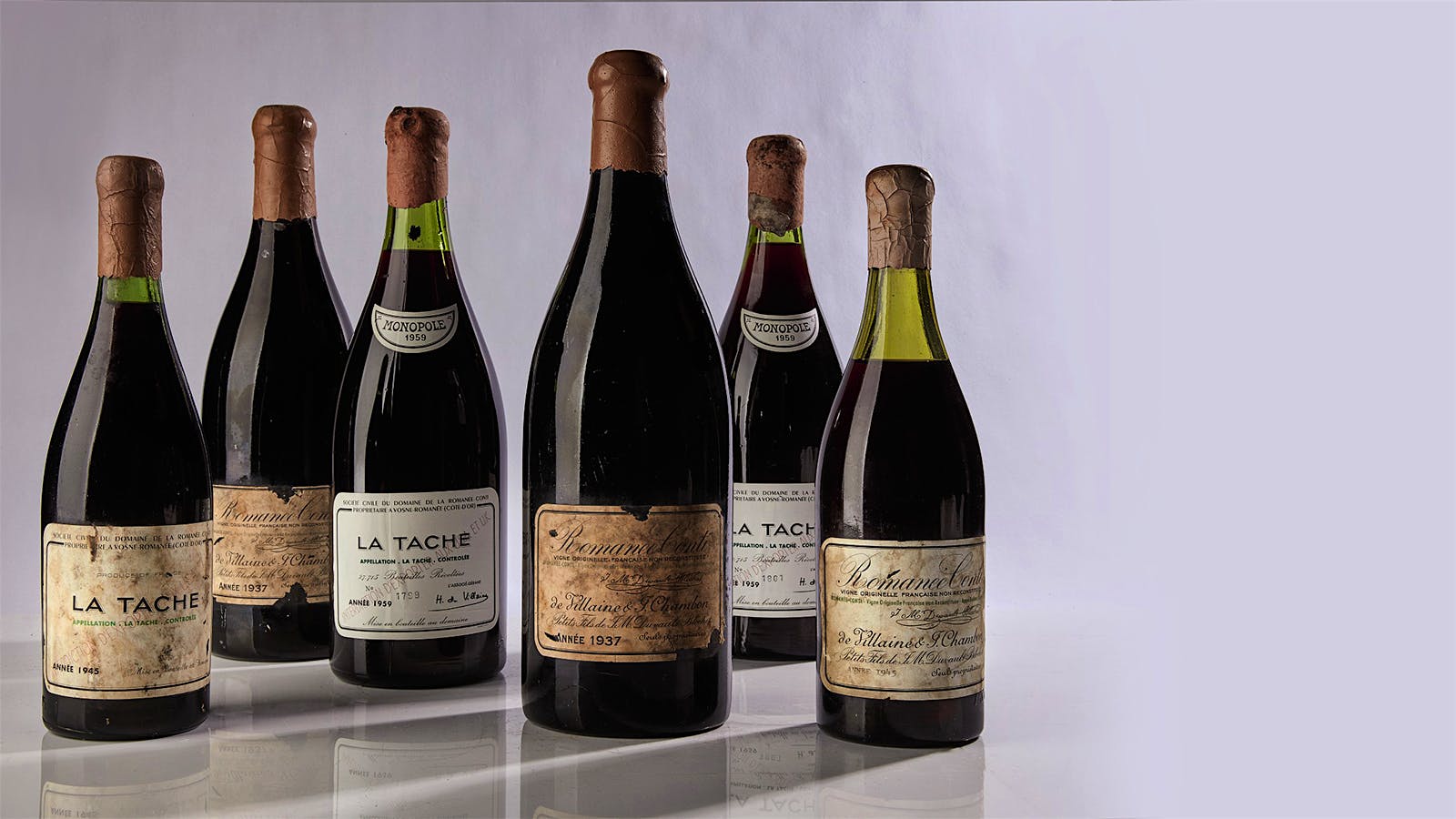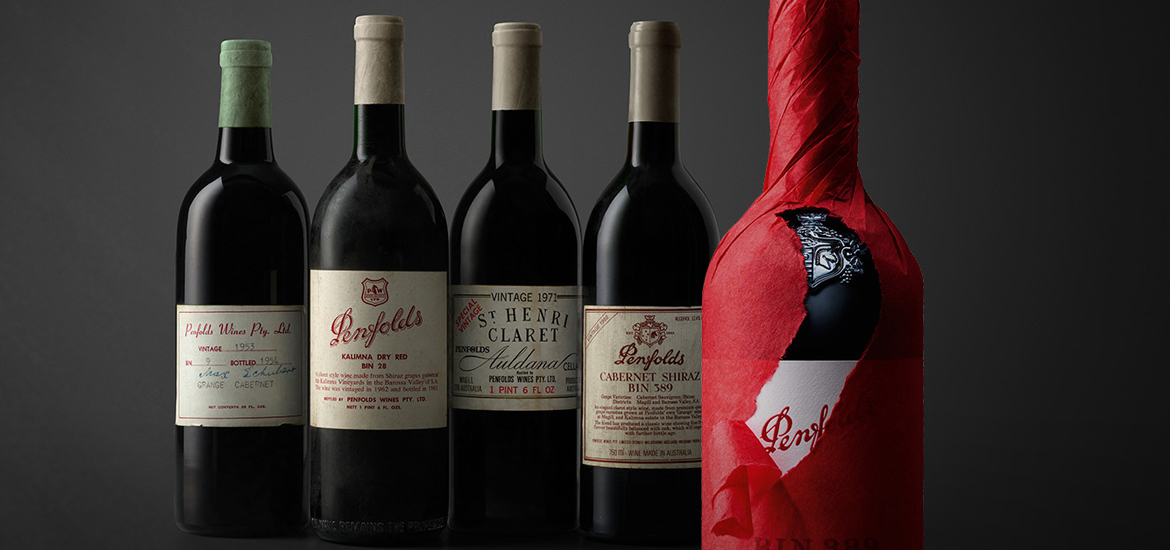Selling a rare bottle of wine requires more than simply knowing its worth—it demands strategic planning, proper documentation, and choosing the right marketplace to maximize your returns. Whether you’ve inherited a prized vintage, accumulated bottles over years of collecting, or simply want to liquidate part of your cellar, understanding the wine selling process can mean the difference between modest returns and substantial profits.
The fine wine market has shown remarkable resilience, with prestigious auction houses achieving sales exceeding $45 million annually, demonstrating strong demand for exceptional bottles. From Domaine de la Romanée-Conti commanding record prices to rare Bordeaux vintages attracting global collectors, the market rewards sellers who approach the process with knowledge and preparation. Success in wine selling hinges on three critical factors: accurate valuation, proper documentation, and selecting the optimal selling platform that connects you with serious collectors willing to pay premium prices for authenticated rare wines.
Understanding Your Wine’s True Value
Before entering the market, establishing your brand’s authentic worth requires comprehensive research and professional assessment. Factors determining value include the winery’s reputation, vintage quality, rarity, storage conditions, and provenance documentation. Recent auction results provide valuable benchmarks—a 5.5-liter La Tâche 1972 from Domaine de la Romanée-Conti sold for $150,000 at Bonhams, while the record-holding Romanée-Conti 1945 fetched $558,000 at Sotheby’s.
Professional appraisal services offer complimentary estimates, examining factors like bottle condition, label integrity, and storage history. Many reputable auction houses and wine merchants provide free valuations, giving you multiple perspectives on your bottle’s market potential. Documentation proving authenticity—original purchase receipts, cellar records, or certificates—significantly enhances value and buyer confidence.
Choosing the Right Selling Platform

Auction Houses represent the traditional gold standard for rare wine sales, particularly for blue-chip vintages from renowned producers. Major auction houses like Sotheby’s and Bonhams attract serious collectors globally, often achieving prices above estimates. However, commission fees typically range from 10-25%, and auctions occur on scheduled dates, limiting timing flexibility.
Online Wine Marketplaces offer broader accessibility and convenience, appealing to diverse collector types from cult wine enthusiasts to regional specialists. These platforms often provide bottle inspection services, secure storage, and integrated shipping, though selling fees apply. The advantage lies in continuous listing availability and detailed search capabilities for buyers seeking specific vintages.
Specialized Wine Dealers provide personalized service and immediate transactions, particularly valuable for quick sales or building ongoing relationships. While potentially offering lower prices than auctions, dealers eliminate commission fees and provide instant payment upon agreement.
Legal Considerations and Documentation
Wine selling involves specific legal requirements varying by jurisdiction. Private sellers typically need alcohol licenses, age verification protocols, and compliance with interstate shipping regulations. International sales require customs approvals and specialized shipping arrangements, though they often yield higher prices due to expanded buyer pools.
Proper documentation remains crucial throughout the process. Maintain detailed records of storage conditions, purchase history, and any professional appraisals. Tamper-evident seals, original packaging, and provenance certificates significantly enhance buyer confidence and final sale prices.
Timing Your Sale for Maximum Returns
Market timing influences final sale prices substantially. Wine auctions typically occur during specific seasons, with spring and fall generally showing stronger activity. Monitor market trends for your specific wine category—Burgundy vintages, Bordeaux first growths, or cult California wines each have distinct seasonal patterns and collector preferences.
Consider your wine’s drinking window versus investment potential. Some bottles appreciate more as they approach optimal drinking periods, while others gain value through extended aging potential. Professional wine consultants can advise on optimal timing based on your specific vintage and market conditions.
Successfully selling rare wine combines market knowledge, proper preparation, and strategic platform selection. Whether pursuing auction excitement or marketplace convenience, informed sellers consistently achieve superior returns on their precious bottles.


